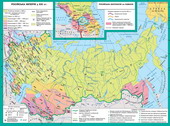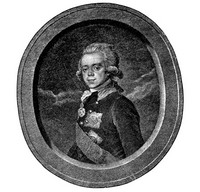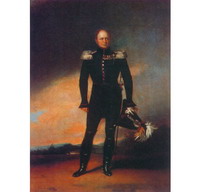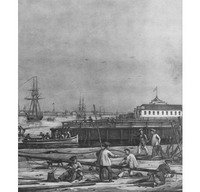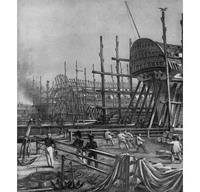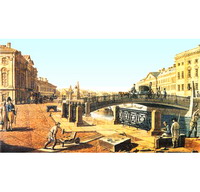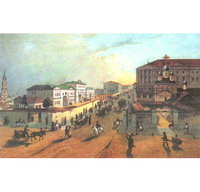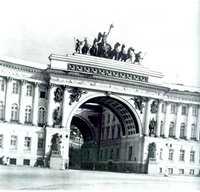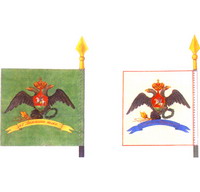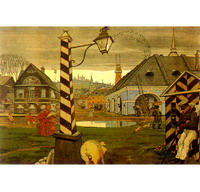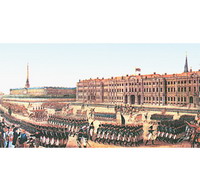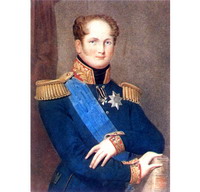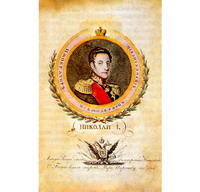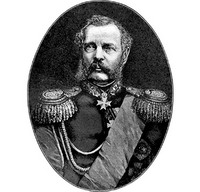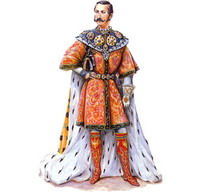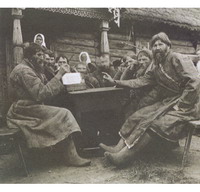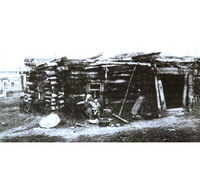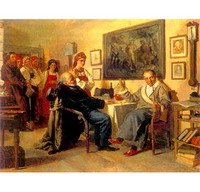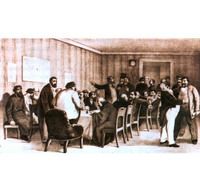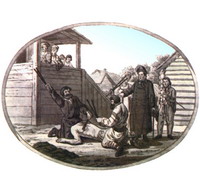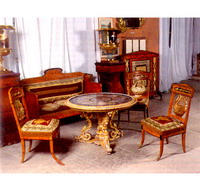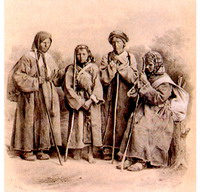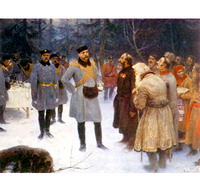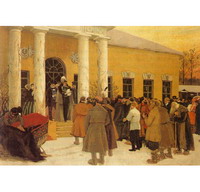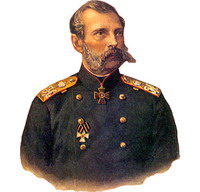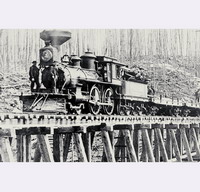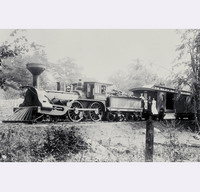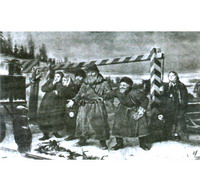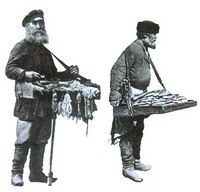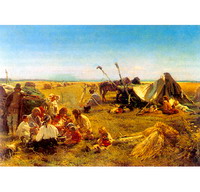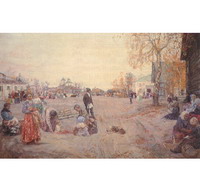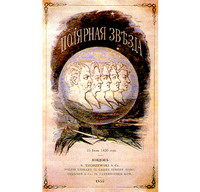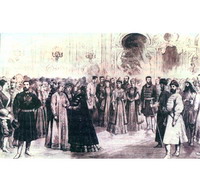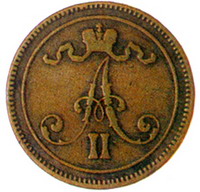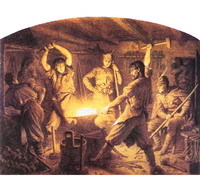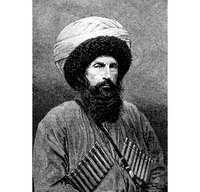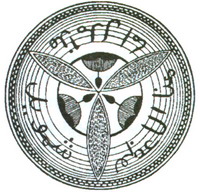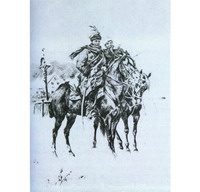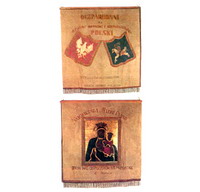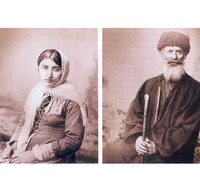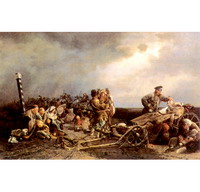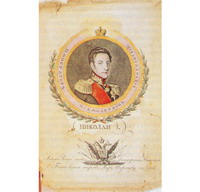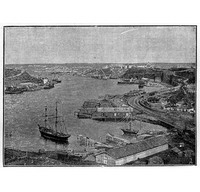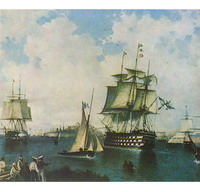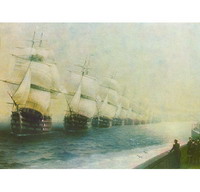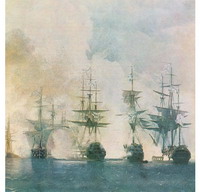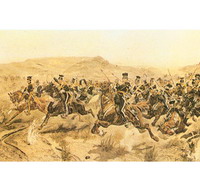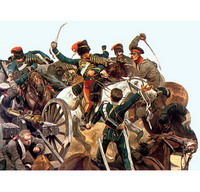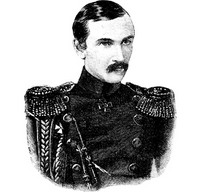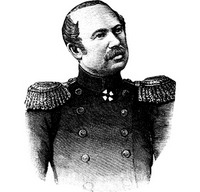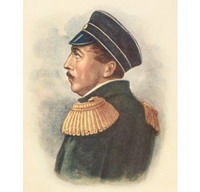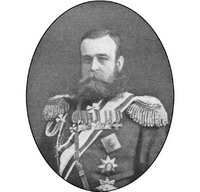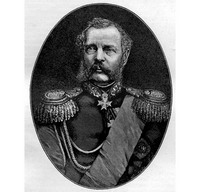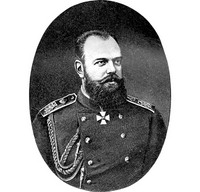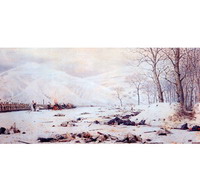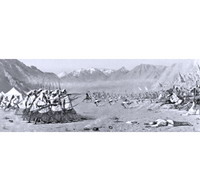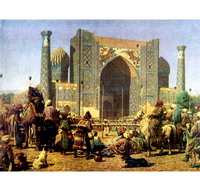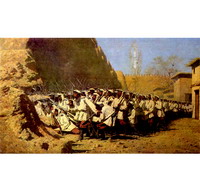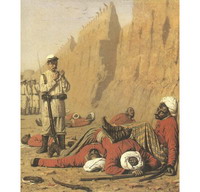At the beginning of XIX century. The Russian Empire was the greatest power in the world with the territory of more than 18 million square meters. km, which stretched from the Baltic to the Pacific and from the Arctic to the Black and Caucasian. The population of the empire at that time amounted to 43.7 million people and centered in the central and western provinces and in northern and eastern parts of very few people lived. In particular, Ural lived only 3 million people.
end of the XIX century. According to the first and only Russian empire general census conducted in 1897, its population of 130.5 million people. Half of them were from Finland, Baltic States, Poland, Belarus, Ukraine, Transcaucasia, and Turkestan - non-Russian Empire region.
Russian Empire was a multinational state. The distinguishing feature of imperial policy towards non-Russian peoples was a national-cultural assimilation, ignorance of the particularities of the origin and historical traditions, the imposition of Russian culture.
Throughout the XIX century. Russia remained autocratic (absolute) monarchy. By the Russian Emperor is no limited, there was no parliament or constitution. In the hands of the monarch concentrated enormous power. Surrender his entire army officials - civil servants that their duty was obedient of imperial decrees and orders. The capital of the empire remained St. Petersburg.
Russian Economy in 1861 based on a feudal system of management. Serfs in the population of the empire of this period of around 20 million people. At the end of XVIII - early XIX century. serfdom exhausted its possibilities. It was the main obstacle to the formation of market relations, the threat to stability throughout the empire. Life demanded reform of economic system. Rural reform of 1861, made during the reign of Alexander II (1855-1881), abolished serfdom. Despite the numerous survivals of serfdom, she founded the process of socio-economic modernization of the empire.
in post in the agriculture of the empire took place transition to market relations. However, at the end of XIX century. grain yield in Russia was 1.6 times lower than in the U.S. and 4 times lower than in the UK.
in Russian industry of the second half of XIX century. held up. 1868-1872 years, entered the country's history as "railway fever". If in 1861 the total length of Russian railways is 2 kilometers, then in the early 80's - over 22 thousand kilometers. New branches of industry: a steam locomotive and wagon building, rail, cement, oil, oil, rubber and so on.
first quarter of the XIX century. in Russian Empire was a period of rising public opposition movement. Decembrist uprising in Petersburg December 14, 1825 was an attempt to solve the painful problems of the Russian Empire - eliminate autocracy and serfdom - by "military revolution." After the rebellion the Emperor Nicholas I (1825-1855) took a course on strengthening noble empire and struggle against the revolutionary threat.
Finding new ways of development have generated a 30-40's of the XIX century. Slavophilism ideological lines, westernizer and radicalism. New social movement was the rise in post. Liberals, conservatives and populists tried different means to influence the power to force her to carry out the policy that would meet their idea of Russia's future. In 80-90's were regrouping of social and political forces. The influence of liberals in society markedly decreased. Strengthened the role of conservatives, so many of their ideas formed the basis for government policy. Weakened position of the populists, the first Marxist organizations.
important feature of social and political life of the Russian Empire were national liberation movements of non-Russian peoples. In Poland revive the lost state of national-patriotic forces attempted uprisings during 1830-1831 and 1863-1864 years. Despite the harassment and persecution of the Russian government is actively developing Ukrainian national liberation movement in the Dnieper. The national-liberation struggle of the peoples of the Caucasus against Russian domination lasted for 1817-1864 years. It came true nature of war, during which local residents have created their own state - imamat. Especially decisive battle came in the nature of the years 1834-1859 during the reign of Imam Shamil. The war ended in defeat Highlanders, destruction of cells and resistance to annexation of their land to Russia.
Foreign Policy of the Russian Empire in the XIX century. kept the rapacious nature. The result was a significant growth of its territory. After the Congress of Vienna in 1815 the Russian Empire became an active role in European life. Emperor Nicholas I attempt to resolve in their favor, "Eastern question" and redistribute the ownership of the European Ottoman Empire was the Crimean War years 1853-1856. As a result of losing the war Russia was virtually eliminated from European affairs, and it drove its expansion to Central Asia.
fight Russia for a new place in European foreign policy relates to its performance on the protection of South nations. This caused the Russian-Turkish war of 1877-1878 years ended in victory for Russia.
end of the XIX century. Russia stepped up its foreign policy. Design held a Franco-Russian alliance directed against the Austro-German bloc.
 English
English
